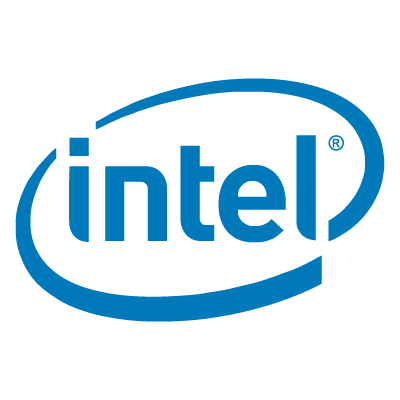Intel Became a “Conflict-Free Company” by Engaging in the DRC, Not Avoiding It. Bravo!

Responsible Sourcing Network (RSN) measured company progress in 2014 and 2015 in our Mining the Disclosures reports, which provide tools to companies and stakeholders. Earlier this month, top-ranked company Intel announced that it would begin labeling all its products with a “CF” for “conflict-free”.
To date, only two companies, Signet and AVX, have found their products to be DRC Conflict-Free, while over a thousand publicly traded companies from across dozens of industries have been unable or unwilling to prove that all of their products are DRC Conflict-Free. Even those who have shown the greatest transparency and commitment, such as Philips, EMC, Qualcomm, GE, and HP, are still working to verify that their supply chains are 100% conflict-free. Unfortunately, not everyone is following their lead: hundreds of companies have sidestepped filing a full conflict minerals report (CMR). Many others have embargoed the entire DRC region as their risk management strategy, refusing to support leading companies in their efforts to identify and promote local conflict-free sources.
In contrast, companies like Tiffany & Co. and Signet Jewelers have taken leadership in sourcing conflict-free gold from the DRC region, working with the Enough Project. Fairphone recently announced that its new phones would be the first electronics products to contain Fairtrade gold. Fairphone worked to engage partners and suppliers in creating a transparent, Fairtrade gold supply chain, from Fairtrade mines in Peru to the final Fairphone 2 product.
Intel too has taken this harder but more responsible route, as one of the few companies linking its risk mitigation efforts to outcomes in DRC mining communities, and reporting fully on its due diligence systems in its top-ranked conflict minerals disclosure, including an independent private sector audit.
Even when there is a paper trail for the four conflict minerals (tin, tantalum, tungsten, gold, or 3TG), it extends across oceans, continents, and conflict zones. “There’s nothing straightforward” in mineral supply chains, writes Damon Beres in a recent Huffington Post article citing RSN, and almost all conflict-free verification systems still contain gaps and glitches. Yet unprecedented collaboration and private sector leadership have given rise to improved traceability and greater transparency.
“[If] we waited for a perfect system, we’d be embargoing the whole country,” said a representative of Intel. Even with more insight and control of its supply chain than other well known IT companies, it has taken Intel over five years and many resources to be able to use the “conflict-free” label. “We all need to have patience and perseverance while the complexity of complicated products and their supply chains are unraveled and accountability systems are implemented,” said Patricia Jurewicz, Director of RSN.
Silicon Valley cannot create a responsible minerals trade alone. Conflict minerals are found in products as diverse as e-cigarettes and blood sugar monitors. In its 2015 report, RSN reviewed companies from more than 20 different industries that incorporate conflict minerals into their products (Mining the Disclosures 2015, p. 7). To create a world where trade truly benefits mining communities, every company must commit to sourcing minerals responsibly.
—-
If you’d like to receive periodic updates from RSN, or would like to receive an invitation to our upcoming webinar on conflict-free supply chains, please email andrew@sourcingnetwork.org.
